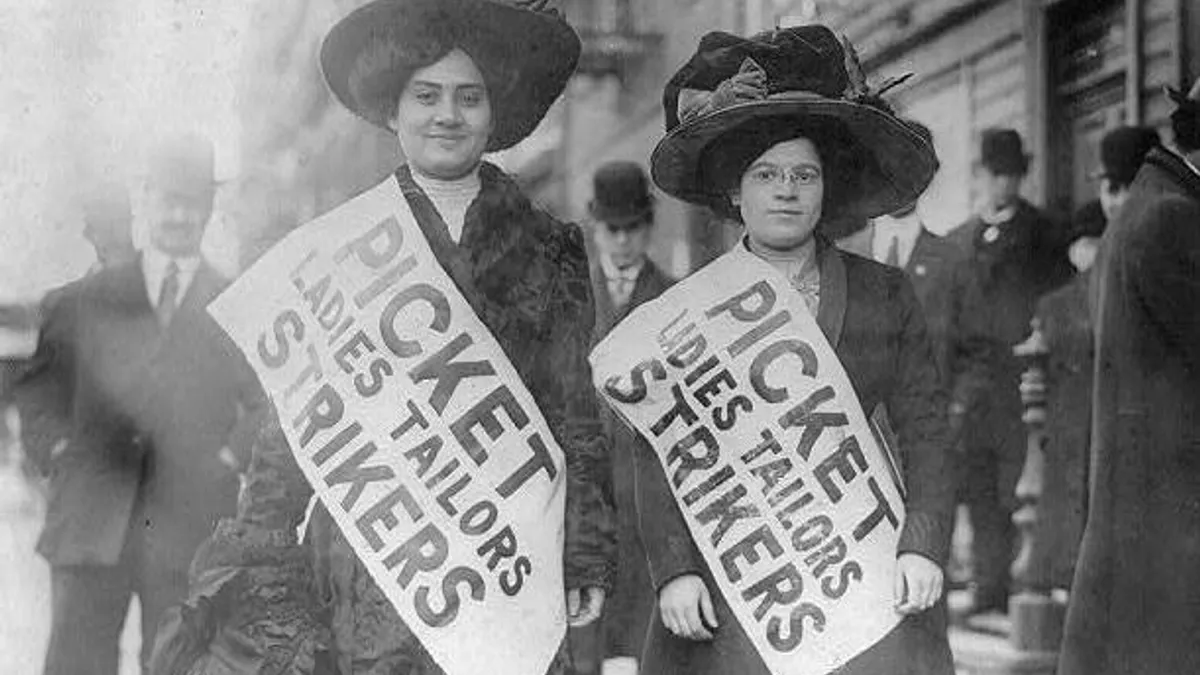Dive Brief:
- Comments are in for the National Labor Relations Board (NLRB)'s Request for Information (RFI) regarding the "quickie" or "ambush" election rule — and many employer groups, including the Society for Human Resource Management (SHRM), have asked the NLRB to consider repealing it entirely, according to submitted comments. The comment period for this early rulemaking stage ended April 18.
- SHRM took issue with the rule's "unwarranted focus on speed," as did the National Retail Federation, calling the amount of time given for an employer to submit a Statement of Position "an unreasonably short period of time." Similarly, the National Grocer Association claimed the rule's "unfair timing" would more heavily impact smaller employers, especially those without dedicated human resources personnel or legal counsel. SHRM also expressed concern that the rule, intended to keep up with modern tech, would actually lead to invasions of worker privacy.
- Employers and business groups heavily favor the restoration of the old process. The Laborer's International Union of North America, however, says rule has allowed NLRB elections to be administered "more efficiently" than before and that "the Board's experience shows that it is unnecessary to establish a minimum period of time prior to an election."
Dive Insight:
The Republican-majority Board revisiting the "ambush" election rule has largely been seen as a sign that it may be in the crosshairs for rescission. The original RFI came during the "December massacre" that took place at the end of 2017, right before the Republicans would temporarily lose their majority due to Philip Miscimarra's ending term.
A Republican majority was re-established when President Trump's nominee John Ring was confirmed and assumed his spot as chair of the Board. But the NLRB has been wracked with controversy lately over recusal processes and conflict of interest allegations. Hy-Brand Industrial Contractors, Ltd. and Brandt Construction Co. — the case set to overturn the Obama-era joint employer regulations set by Browning-Ferris — currently sits in limbo at the Board, its validity in question due to Board member Bill Emanuel's relationship with Littler Mendelson P.C., a firm involved in Browning-Ferris. Some have wondered whether Ring, also an employer-side attorney, will face conflict-of-interest speculations as well.
And before changes can be made to the "ambush" election rule, it will still need to progress through the rest of the rulemaking process, which is a long process for any agency. But if the drama at NLRB continues, relief for employers could be even slower here.














